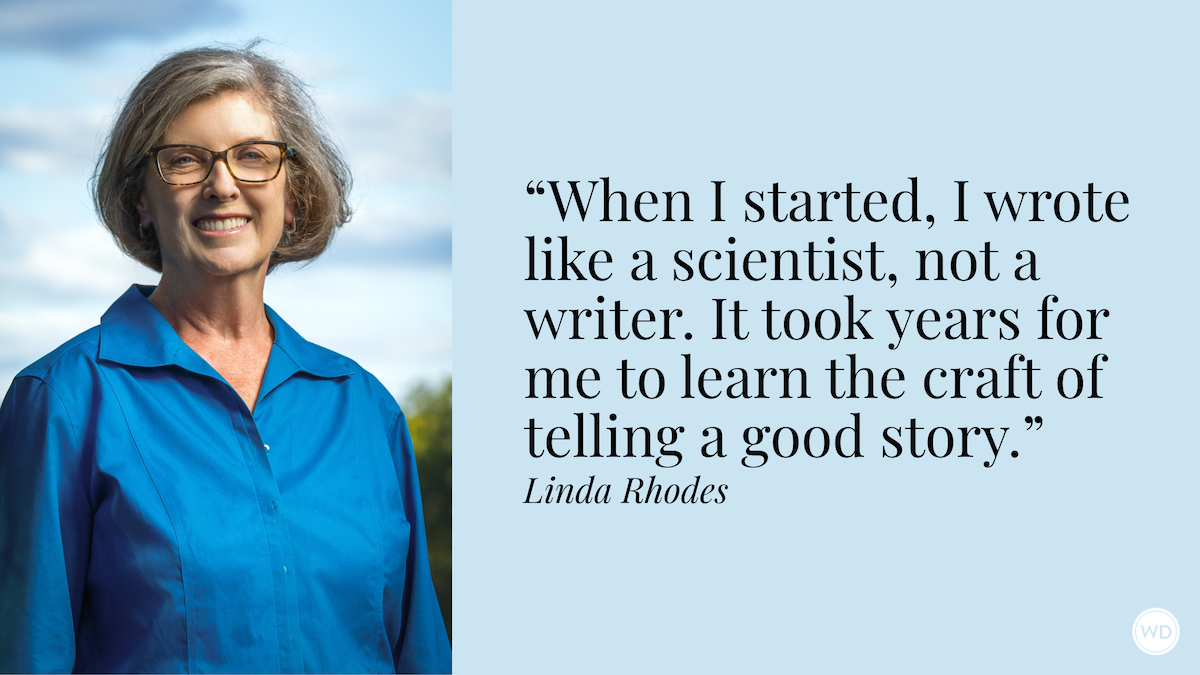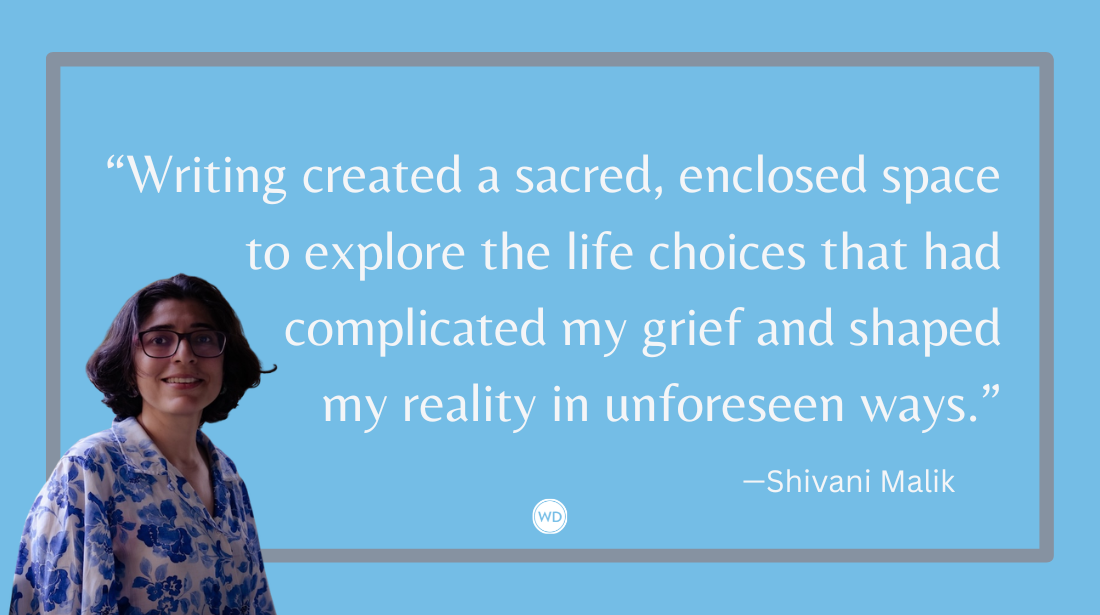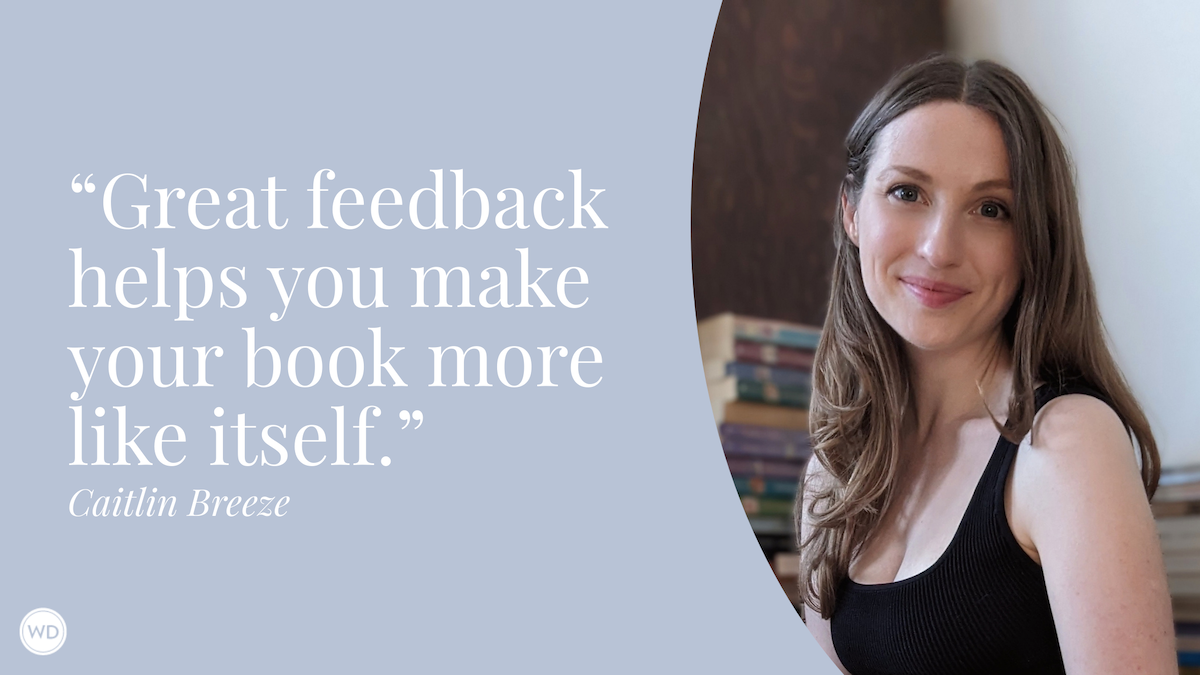Ann Leary: On the Power of Female Friendship
New York Times bestselling writer Ann Leary discusses how uncovering family history led her to writing her new historical fiction novel, The Foundling.
Ann Leary is the New York Times bestselling author of a memoir and four novels, including The Good House. Her work has been translated into 18 languages, and she has written for The New York Times, Ploughshares, National Public Radio, Redbook, and Real Simple, among other publications.
Her essay, “Rallying to Keep the Game Alive,” was adapted for the Amazon Modern Love television series, starring Tina Fey and John Slattery. She lives with her husband in New York. Visit her at AnnLeary.com, and find her on Twitter, Facebook, and Instagram.
In this post, Ann discusses how uncovering family history led her to writing her new historical fiction novel, The Foundling, how female friendship is at its core, and more!
Name: Ann Leary
Literary agent: Margaret Riley King
Book title: The Foundling
Publisher: Marysue Rucci Books/Scribner
Release date: May 31, 2022
Genre/category: Historical fiction
Previous titles: The Children, The Good House, Outtakes from a Marriage, An Innocent, A Broad
Elevator pitch for the book: Two girls, raised in the same orphanage, meet again as young adults at an institution for “feebleminded” women. Mary is a secretary for the home’s charismatic female superintendent. Lillian is an inmate, held against her will at an asylum whose purported mission might be at odds with its actual purpose. Set in 1920s Pennsylvania.
IndieBound | Bookshop | Amazon
[WD uses affiliate links.]
What prompted you to write this book?
While doing genealogy research on my family, I discovered that my maternal grandmother worked at a place in Pennsylvania called “Laurelton State Village for Feebleminded Women of Childbearing Age”. She was 17 when she worked as a secretary there in 1930.
At first, I thought it was a home for young women with intellectual disabilities. I learned that it was a eugenics asylum, one of many in the United States. Its mission was to imprison women who were deemed mentally and/or morally “defective until they could no longer conceive children.”
During the first decades of the 20th century, I discovered, if a young woman was arrested in a speakeasy, or had a child out of wedlock, worked as a prostitute, or was a lesbian, she was assumed to be “feebleminded.” These were criminal behaviors and criminality had become intertwined with widely held theories about the heritability of mental illnesses and intellectual disabilities. The idea was to prevent crime and poverty by preventing the births of future criminals and paupers.
At Laurelton State Village the “feebleminded girls” cleared acres of forestland, worked in crop fields, mucked up after the livestock herds, and did almost all the work related to maintaining the large institution. Some were hired out as domestic workers to nearby homes and business. Their salaries were paid to the asylum, not the workers. At the helm of this profitable public institution was a fascinating female doctor who inspired me to spend years researching and writing my novel The Foundling.
How long did it take to go from idea to publication? And did the idea change during the process?
I’ve been researching this book since I made the discovery about my grandmother which was over 10 years ago. Originally, I wanted to write a nonfiction account of a grandmother I barely knew and the asylum where she worked. I soon realized I should write it as a novel, as I couldn’t find many facts about my grandmother, but I found lots of published information about the place she worked and other similar asylums.
The main character is named after my grandmother and the basic facts about her childhood and early adult life are part of the story. I’ve been actively writing and rewriting the book for about six years. It was originally written in third person, then I rewrote the entire novel in first person, from the POV of the character based on my grandmother, Mary.
Were there any surprises or learning moments in the publishing process for this title?
It took longer to write this book than previous books, and when I was finished, the publishing landscape had changed quite a bit. My last book was published in 2016. Since then, sadly, many bookstores have closed, book tours have been canceled due to COVID. Social media seems to be a major focus of marketing for publishers, so I’m trying to get up to speed. Please follow me!
Were there any surprises in the writing process for this book?
Yes. As indicated earlier, I thought the asylum that employed my grandmother was for women with intellectual disabilities. I discovered that there were inmates who had true disabilities, but the majority were “bad girls.” Many were sent there by people (mostly men) who wanted them to disappear—lecherous uncles, husbands who were bored with wives, parents unable to cope with unruly teens.
I learned a lot about the lack of agency for all women in the United States in the early 20th century. Women, rich or poor, couldn’t vote, they couldn’t easily obtain a divorce, their husband controlled all finances and would be granted custody of children in a divorce. But I was most surprised by the precariousness and outright danger of being a single young woman without money or family, like my grandmother.
A wealthy 1920s woman who took up the “flapper” lifestyle—drinking, loose sexual morals, flamboyant conduct—might be considered eccentric. A poor woman engaging in the exact same behaviors was seen as a menace to society. Her conduct indicated that she was genetically flawed—feebleminded. Many thousands of women like this were imprisoned or sterilized though they had never been tried in a court of law for a crime.
What do you hope readers will get out of your book?
The social issues that surrounded the eugenics movement of that era—racism, class resentment, antisemitism, fierce anti-immigration sentiments, the vilification of female victims of sexual abuse—are all a part of this story, and sadly, continue in more insidious forms today. The news from the early 20th century and the early 21st are shockingly similar when it comes to racism, class division, xenophobia, and misogyny. I hope readers will recognize these parallels with current societal issues.
Mostly, I hope readers will enjoy the true theme of this story which is female friendships; the sometimes poignant, sometimes hilarious, and often deeply intimate ways that girls and women love each other.
If you could share one piece of advice with other writers, what would it be?
Write everything as if it will only be read by your closest friend—somebody you trust, somebody who gets you. Don’t worry about anybody else.








